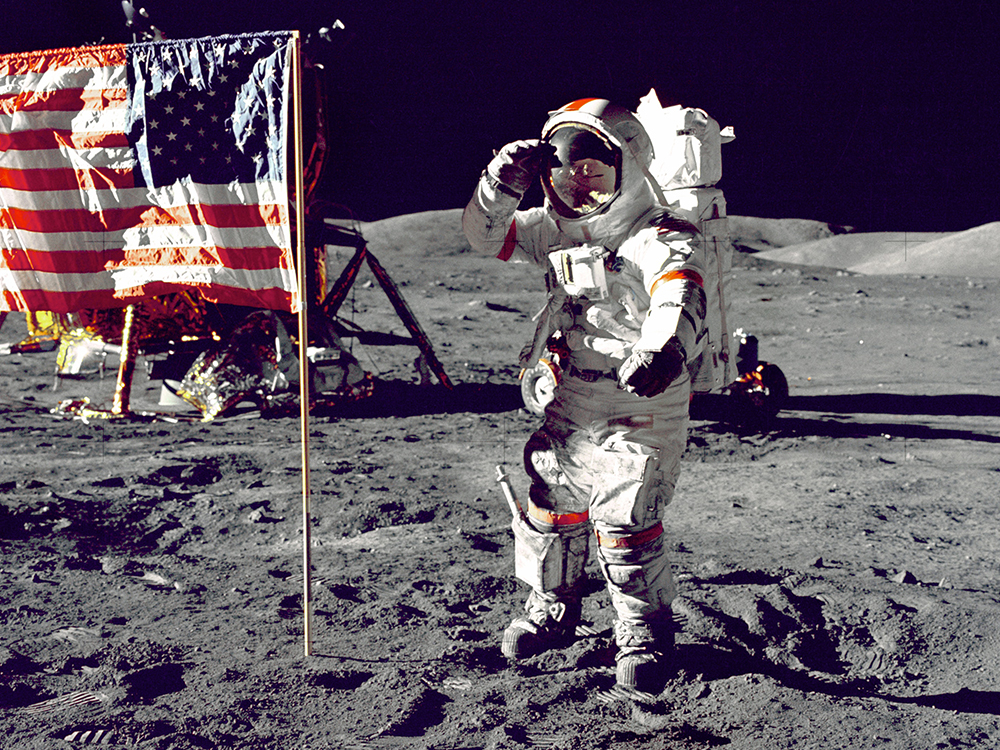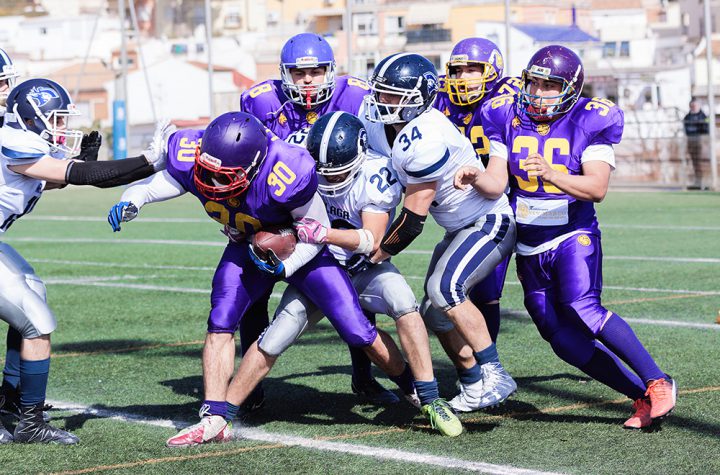
These devotees might have thought, too, about how inspiring Bryant was. And he was, objectively. Children around the world fell in love with basketball when they fell in love with him, and if theyre not still playing today, theyre probably still watching.
But those who were only vaguely aware of Bryant as an NBA god might have been more likely to think of what thrust him into non-sports news, twice when it happened in 2003, and again 14 years later when the country started to review the misdeeds of famous men. That is a 19-year-old womans allegation that Bryant raped her.
Bryants accuser said that they kissed consensually, that she started to pull away when he took off his pants, that he groped her and rubbed against her even as she told him no and that he eventually forcibly inserted himself inside her.
She reported her case to the police right away. When they questioned Bryant, he thrice denied having had sex with her before he learned theyd taken semen and blood evidence, and then he admitted the two had had sexual intercourse. He insisted it was consensual. The crime he confessed, through tears, to committing was making a mistake of adultery.
The prosecution during discovery presented evidence of lacerations too many to count near the accusers vagina. The defense emphasized her promiscuity, her struggles with depression and her enthusiasm to meet a legend. The press emphasized these, too. There was no trial, because the accuser stopped cooperating. She won an apology from the athlete: I now understand how she feels that she did not consent to this encounter. She also won a civil settlement.
Bryant lost endorsement campaigns and the $4 million he shelled out for an eight-carat purple diamond apology ring for his wife.
The case was scarcely a footnote to the weekends mourning. But people know this about Bryant in 2020, especially after the story resurfaced amid the #MeToo movement in 2017. Those who followed the icons career followed it down to its nadir, too. The problem was that Bryants legacy was never really defined. Four years retired, he had only recently embarked on the task of reforging it.
The throes of #MeToo spat out many men for us to think about, and all that thinking gave us little time to reassess hazy recollections of a complaint that never even reached a jury. So we saved it all for later, imagining there would be time for Bryant, and time for us to determine how to assess him. He might have imagined there would be time, too, to atone in his second act for the regrets of the first.
Those 2003 charges came too early, in a yesterday too trusting of our heroes and too forgiving even of the lapses to which they admitted. Now, death has come too early as well and the way it has come is too ghastly.
Occupying the twin spaces of grief and anger is a precipitous undertaking, and so many people hovered somewhere in between on Sunday: Was Kobe Bryant canceled? Should they say something that was all acclaim, say something that was acclaim laced with acknowledgment or say nothing at all?
Someone with relatively fewer qualms, evidently, was first to answer the question thusly: Praise Bryant if you want to praise him, and dont worry about the hard stuff. Someone else must have answered the same way, and then someone else and then someone else. And the rest of us, suddenly, were permitted to dispense plaudits if we desired but discouraged from raising scruples.
There were obituaries with nary a word dedicated to the allegation, and those that mentioned it only in a sentence or only as a struggle for the great Bryant to overcome. There were the paeans from plebeian basketball fans and politicians alike, almost as if public genuflection to a sports idol were American dogma. There were the death threats against those who dissented.
#MeToo achieved what it achieved because it was a collective movement. Women, together, told the world what was not okay. The reaction Sunday was collective, too, but in the opposite direction. Those of us who remained troubled were pressured by our peers to stick our heads in the sand and pretend the trouble didnt exist, because thats what the ostriches next door were doing.
Kobe Bryant was singular, and singularly special to those who adored him. But the test he sets is universal. How do we treat the bequests of big men accused of doing horrible things? Is it possible to make recompense on your own terms when a judge hasnt ordered it just by living well as a husband, a father or simply a person?
Those questions are difficult to answer, but the worst thing we can do is allow ourselves not to ask them at all.
Read more:
Jerry Brewer: Kobe Bryant accomplished so much. Its devastating to consider what he left unfinished.
Erik Wemple: The Posts misguided suspension of Felicia Sonmez over Kobe Bryant tweets
Obituary: Kobe Bryant was a tireless competitor who became a global sports icon
Karen Tumulty: Weve seen #MeToo gains. But also how fragile they are.
Colbert I. King: For black women, #MeToo came centuries too late





More Stories
After a cluster of new COVID-19 cases among the White House staff and a campaign offical, the election night watch party in the White House has become another symbol of U.S. President Donald Trump’s cavalier attitude toward a virus that is ripping across the …
Rob Lucas says the SA economy is forecast to go backwards by 0.75pc in 2020-21, a better outcome than a national economy forecast to shrink 1.5pc.
Labor and crossbench senators want changes to JobMaker, arguing too many workers will be excluded from the hiring credit scheme.